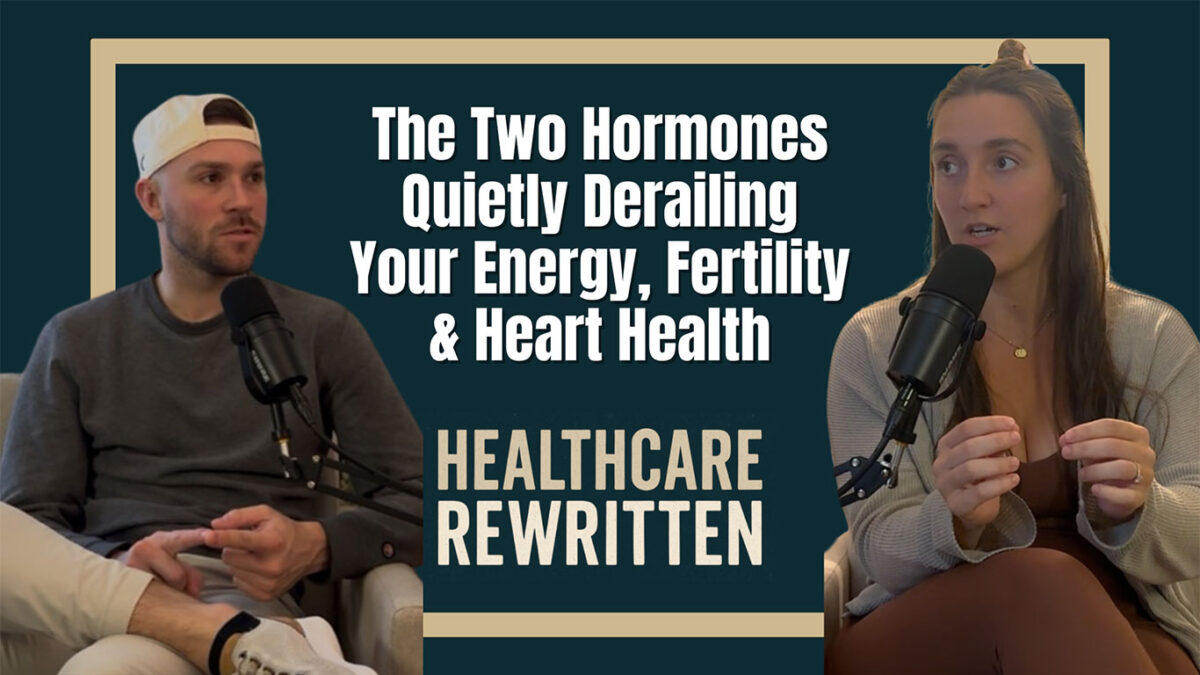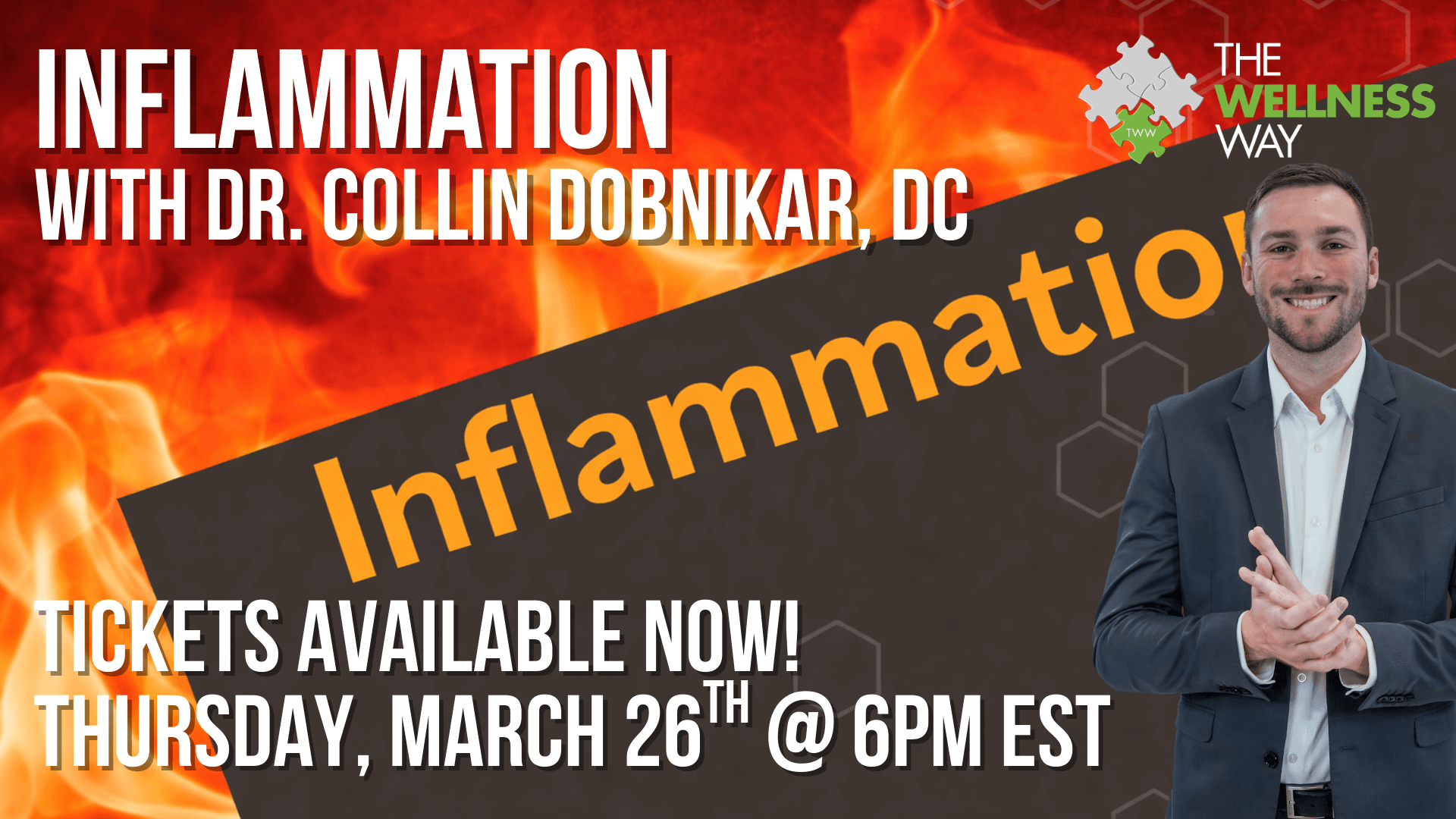Most people know about hormones like estrogen, testosterone, or even cortisol. But there are two unsung players quietly running the show behind your energy, weight, fertility, and even heart health: insulin and leptin. These hormones are rarely tested by conventional doctors, yet they often hold the missing puzzle piece when patients feel stuck—exhausted, unable to lose weight, struggling to conceive, or blindsided by “sudden” blood sugar or cholesterol issues.
Here’s the truth: insulin and leptin imbalances start causing problems years before standard blood sugar labs raise a red flag. By the time most people hear words like “prediabetes,” their bodies have been signaling distress for much longer. In this blog, we’ll break down what these hormones do, how they go wrong, and the simple, actionable steps you can take to reset your metabolism, improve fertility, and protect long-term heart health
What Insulin and Leptin Really Do
Insulin, produced by the pancreas, is best known for shuttling sugar out of your bloodstream and into your cells. But its job goes far beyond blood sugar—it’s a metabolic regulator that affects fat storage, cholesterol, and even inflammation.
Leptin, made by your fat cells, communicates with your brain about how much stored energy you have. Often called the “satiety hormone,” leptin helps regulate appetite, cravings, and metabolism. When your body becomes resistant to leptin, your brain never gets the “I’m full” message, leading to constant hunger, sugar cravings, and weight gain
Why These Hormones Matter for Fertility
When insulin and leptin fall out of balance, fertility often suffers. In women, this can show up as irregular cycles, PCOS, or unexplained infertility. In men, it’s more likely to show up as belly fat, low energy, and an increased risk for heart disease.
The frustrating part? Many women labeled with “unexplained infertility” actually have underlying insulin or leptin resistance that goes unchecked. One patient of ours—an athletic CrossFit competitor—looked the picture of health but struggled to conceive. Comprehensive testing revealed insulin resistance and prediabetes. By resetting her insulin and leptin sensitivity through diet, lifestyle, and targeted supplementation, she was finally able to get pregnant!
How These Hormones Connect to Heart Health
Too often, cholesterol is blamed as the villain in heart disease, when in reality, insulin resistance is the real culprit. High insulin leads to triglyceride buildup, increased LDL, and lower HDL—a perfect recipe for cardiovascular problems.
This is why patients can have “normal” cholesterol for years, only to suddenly face a diabetes or heart disease diagnosis. It didn’t come out of nowhere. It was building silently through unchecked insulin and leptin resistance
Signs You May Have Insulin or Leptin Resistance
You don’t need to wait until your labs are alarming to take action. Watch for these common signs:
- Crashing after meals or feeling exhausted when you eat carbs
- Intense sugar cravings or constant hunger (even after eating)
- Inability to lose weight despite eating “healthy”
- Irregular cycles, hot flashes, or worsening PCOS symptoms
- Brain fog, irritability, or low energy throughout the day
If any of these sound familiar, it’s time to dig deeper than just glucose or A1C labs.
5 Simple Ways to Reset Insulin & Leptin Sensitivity
You don’t need to overhaul your entire life overnight. Start with these foundational changes:
- Eat a protein- and fat-rich breakfast – skip the bagels, cereal, or “just coffee.” Start your day with at least 20 grams of animal protein.
- Walk after meals – just 5–20 minutes improves insulin sensitivity.
- Get morning sunlight – supports leptin’s circadian rhythm and energy regulation.
- Prioritize sleep – less than 8 hours tanks your leptin sensitivity and drives cravings.
Cut down on ultra-processed foods and added sugars – they fuel inflammation and worsen hormone resistance
Final Thoughts + Next Steps
Insulin and leptin may not get the spotlight, but ignoring them can leave you stuck in cycles of fatigue, cravings, weight struggles, fertility issues, and long-term heart risks. The good news? You can absolutely turn things around with the right testing and a root-cause plan.
If you’re ready to uncover what’s happening in your body, book a free Discovery Call with us today. We’ll walk you through comprehensive testing and create a plan tailored to your needs.
Prefer to listen? Catch the full conversation on our YouTube channel or Spotify.



